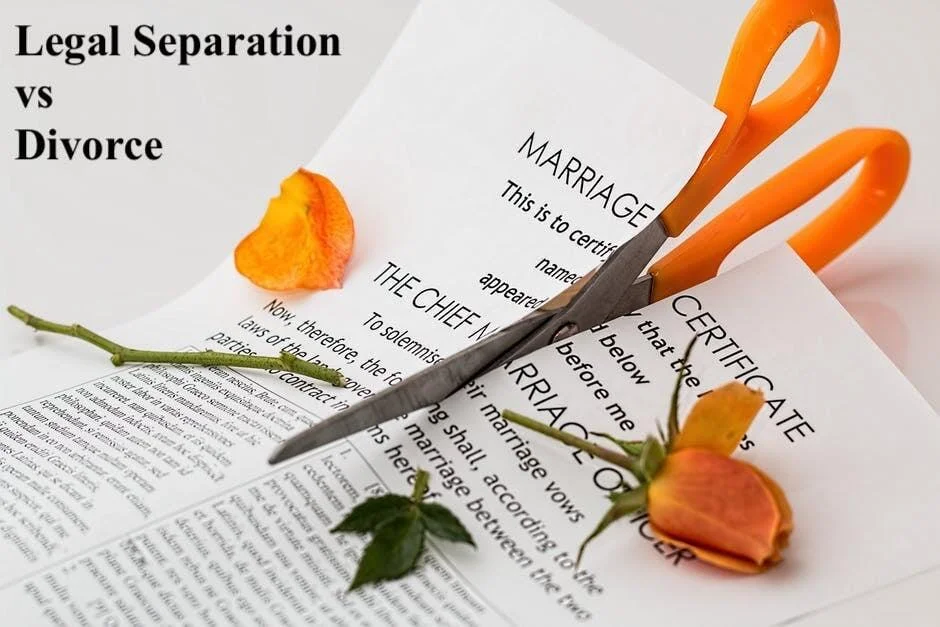Divorce is tough and emotional, and it gets even trickier with all the legal stuff. There are two kinds: contested and uncontested. Let’s take a closer look at the pros and cons of contested vs uncontested divorce, so you can decide which one is right for you. Read on!
Contested Divorce
When comparing contested vs uncontested divorce, it’s important to note that contested divorce is when the two parties cannot agree on all aspects of the divorce. This includes child custody, division of assets, and alimony. Here are the pros and cons of a contested divorce:
Allows Negotiation and Control
One major advantage of a contested divorce is that it allows for negotiation and gives the parties control over the outcome. Divorce lawyers and mediators can help facilitate discussions and reach a fair settlement that both parties are satisfied with. This may lead to a more amicable relationship post-divorce.
Can Be More Time-Consuming
However, a downside to contested divorce is that it can be more time-consuming. With both parties involved in negotiations, reaching an agreement can take longer, delaying the divorce process.
Can Be Costly
In addition to taking more time, contested divorces can also be more expensive. With negotiations and possible court appearances, legal fees can add up quickly.
May Cause Emotional Stress
Contested divorces are often highly emotional and can cause a lot of stress for both parties involved. This is especially true if there are children involved, as custody and visitation can become contentious issues.
Uncontested Divorce
An uncontested divorce is a more smooth divorce process. It is when both parties agree on all aspects of the divorce.
This type of divorce tends to be less complicated and more straightforward. Here are the pros and cons:
Can Be Quicker and Less Expensive
One major advantage of an uncontested divorce is that it can be quicker and less expensive. Without the need for negotiations or court appearances, legal fees are typically lower.
Less Emotional Stress
Since both parties agree on all aspects of the divorce, an uncontested divorce can be less emotionally taxing. This can be a great option for those looking to minimize conflict and stress during the divorce process.
May Not Reflect Fairness
However, there is a risk that an uncontested divorce may not reflect the true fairness of the situation. If one party has more leverage or power than the other, it could lead to an unfair settlement.
Can Lead to Regrets
In some cases, parties involved in an uncontested divorce may later regret agreeing to certain terms. This could be due to a lack of understanding or proper legal advice at the time of the divorce.
Which One is Right for You?
Deciding between a contested or uncontested divorce ultimately depends on your unique situation. It’s important to carefully consider the pros and cons of each option and consult with a trusted attorney before making a decision.
Explore the Pros and Cons of Contested vs Uncontested Divorce
Contested vs uncontested divorce, both have their advantages and disadvantages. It ultimately comes down to what works best for your specific situation. Consider seeking advice from a trusted attorney or mediator to help you make an informed decision. Remember, no matter which type of divorce you choose, it’s important to prioritize your well-being and try to minimize conflict for the sake of yourself and any children involved.

Doris Pollard, a mesmerizing wordsmith and experienced blogger, crafts narratives that carry readers into unexplored realms. Infused with insightful perspectives and vibrant storytelling, Doris’s mastery of language captivates both hearts and minds, making an enduring impression on the literary landscape.

